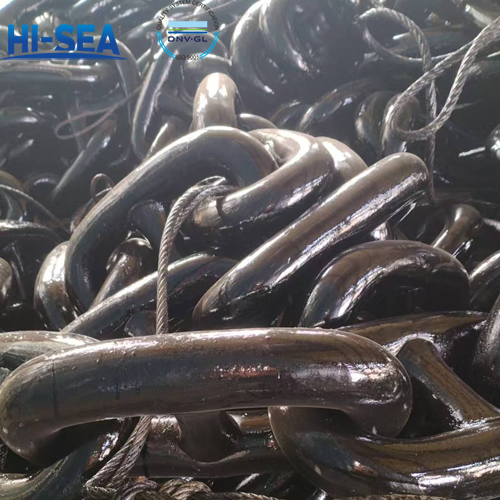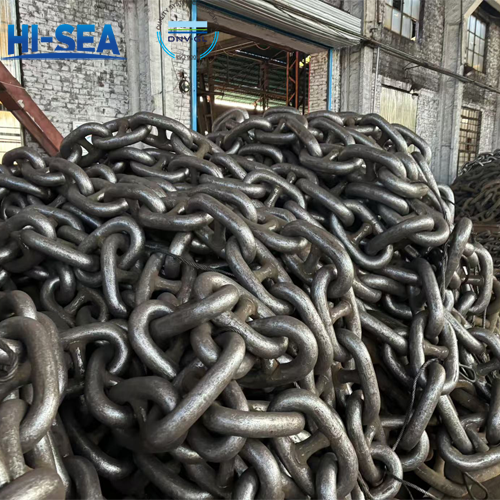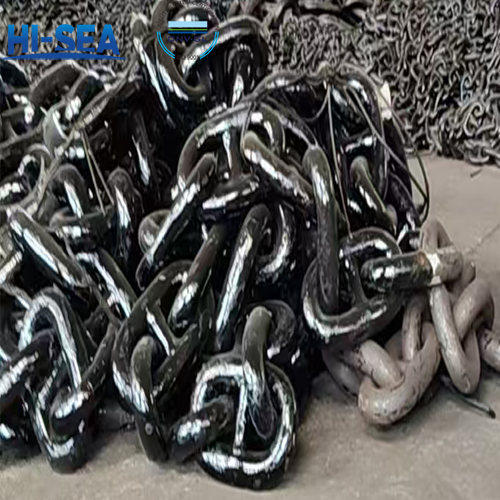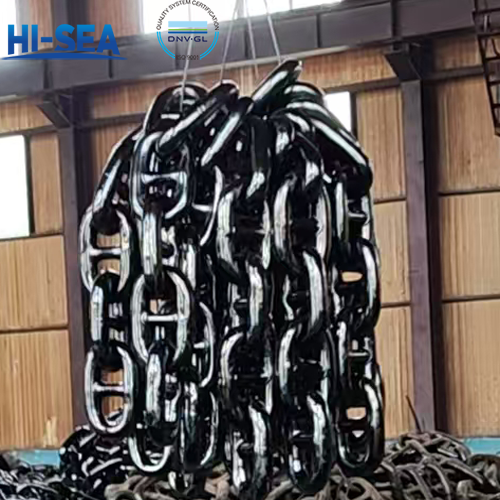
Marine Bilge Pump
Bilge pump is a device installed at the bottom of a ship and used to empty residual water and sewage at the bottom of the cabin. The main functions include drainage, refueling and cleaning. Often selected can transport solid particles, with self-priming capacity of the pump, centrifugal pump, positive pump, impeller pump, etc., but different principles of the advantages and disadvantages of the pump are inconsistent.
Centrifugal pump: the most common bilge pump, characterized by a large flow rate and stable pressure, but there are certain restrictions on liquid viscosity and solid content.
Positive displacement pump: also known as gear pump or plunger pump, suitable for high viscosity liquids, a wider range of applications.
Impeller pump (water pump with impeller unit) : suitable for liquid containing more particles or containing more air, but the energy consumption is large.
Overview
Working process
Bilge pump is mainly based on the working principle of centrifugal pump. When the bilge pump is energized, the impeller begins to rotate at a high speed, and the liquid near the impeller is thrown out due to centrifugal force, forming a vacuum (negative pressure). This vacuum state forms a pressure difference with the external atmospheric pressure, so that the water near the submersible pump is sucked into the pump through the water intake (usually the mesh at the bottom of the submersible pump), and then thrown out, while the external water continues to be sucked in.
Application scenarios
Bilge pumps are widely used in Marine, industrial and other fields, such as ships, ports, shipyards and other places. In modern ships, bilge pumps can not only meet the needs of drainage and oil filling, but also cooperate with other equipment to achieve many functions, such as fire prevention, cleaning and so on
Common models
|
|
| CYL Series Hand Pump | CZW(F) Series Horizontal Centrifugal Pump |
|
|
| CL Series Vertical Centrifugal Pump | CIS Series Horizontal Centrifugal Pump |
Picture
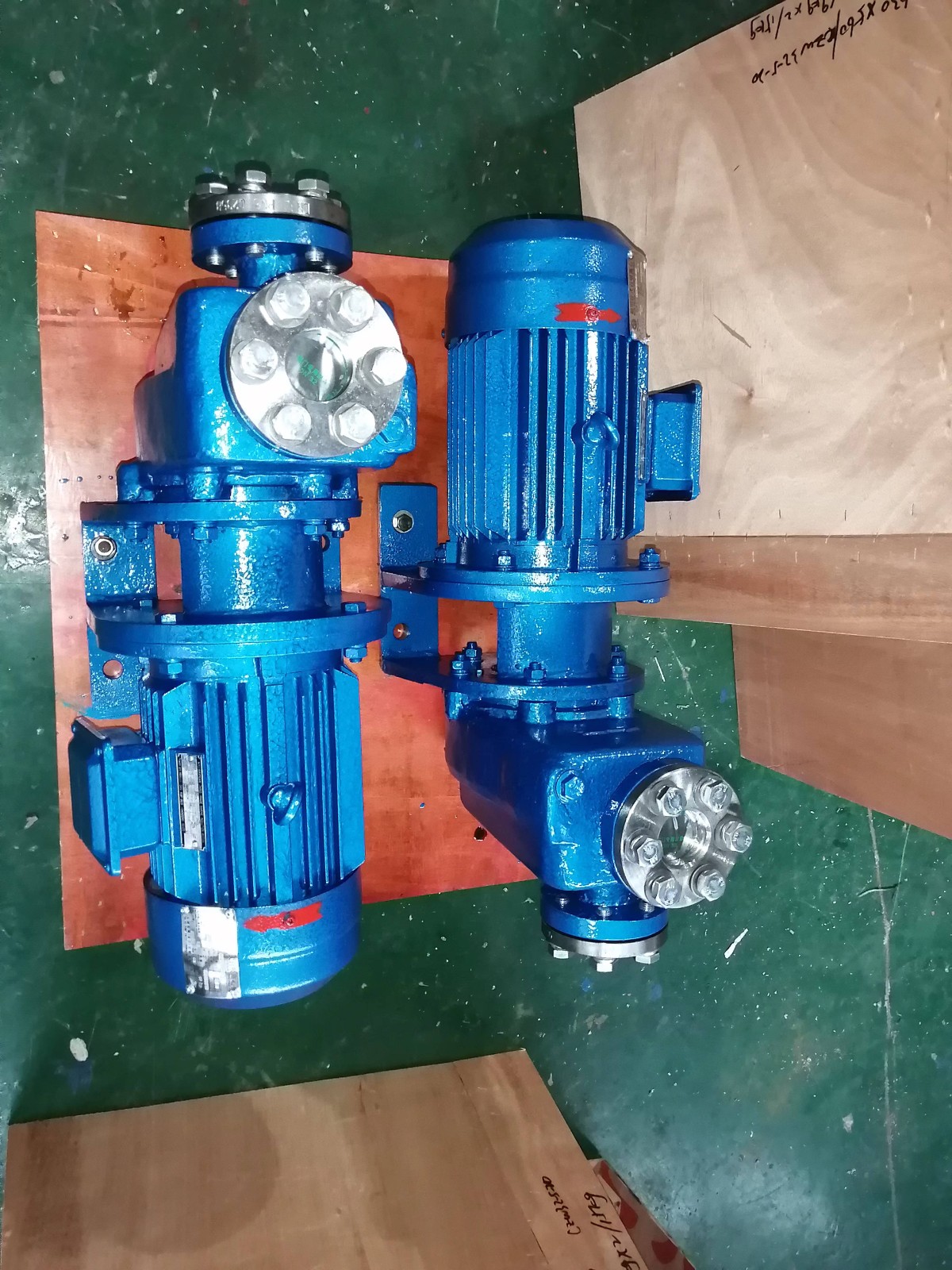

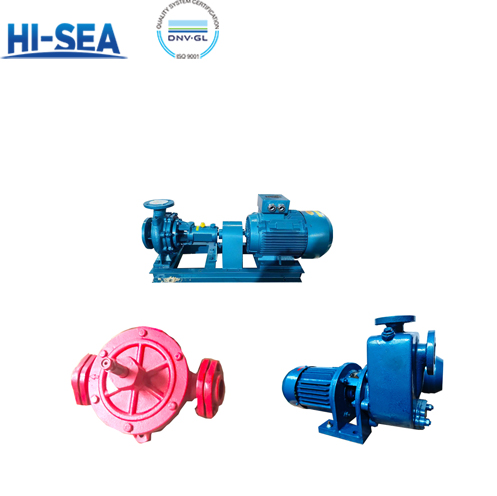
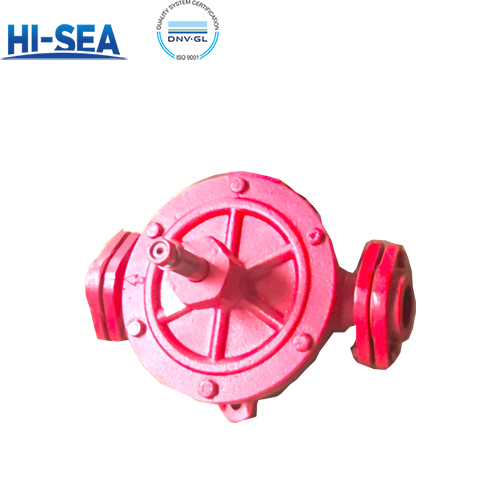
 series Horizontal Centrifugal pump.jpg)
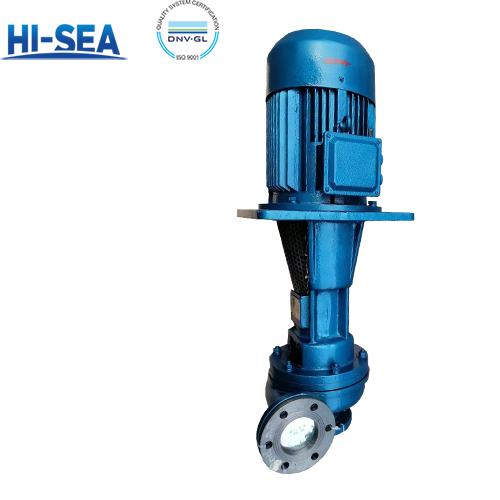
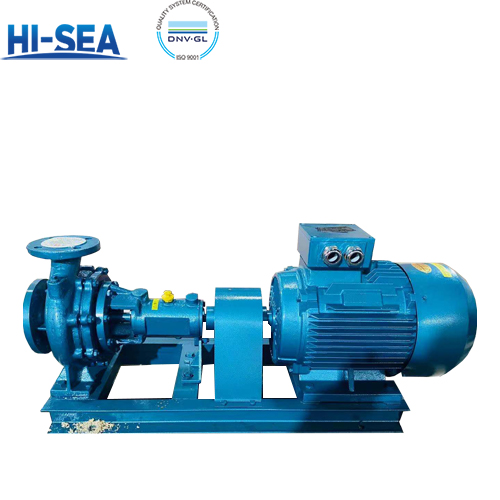
.JPG)
